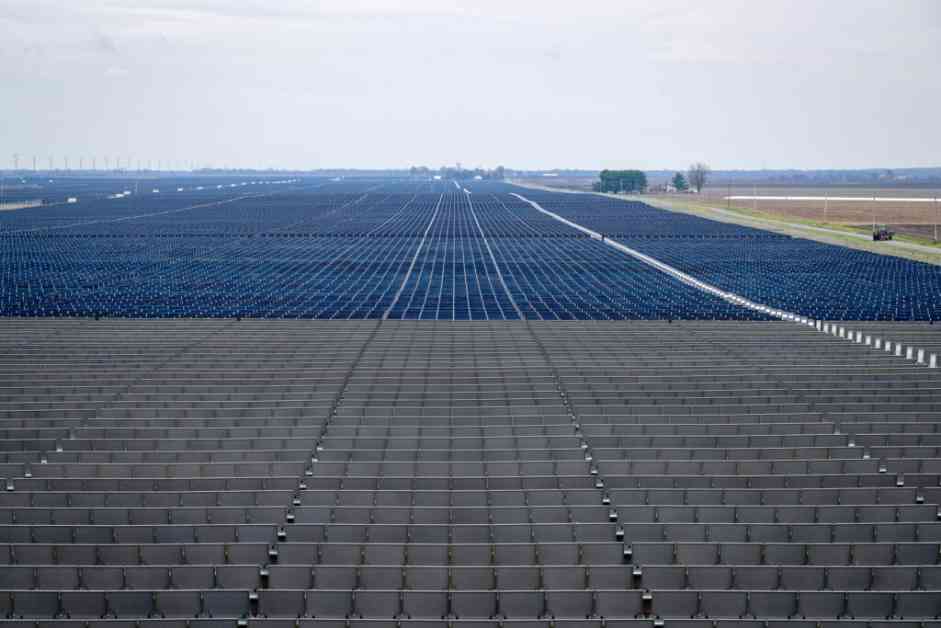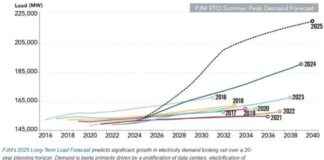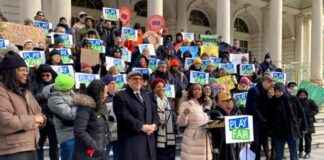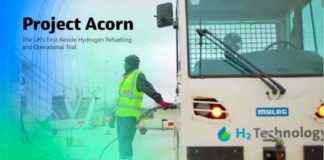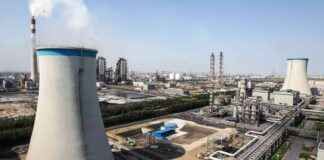Chicago and Illinois Press Forward with Climate Goals Despite Federal Funding Uncertainty
Chicago has long been a pioneer in the fight against climate change, making significant strides in reducing emissions and embracing renewable energy sources. Earlier this year, Mayor Brandon Johnson proudly announced that all city-owned buildings are now powered by 100 percent renewable energy, marking a major milestone for the city.
In 2022, Chicago updated its Climate Action Plan with an ambitious target of slashing carbon emissions by 62 percent by 2040 compared to a 2017 baseline. To help achieve these goals, the city relied on funding from former President Joe Biden’s Inflation Reduction Act (IRA), which provided federal grants and tax credits to support various climate initiatives.
However, the landscape shifted dramatically with the change in administration, as President Donald Trump swiftly signed multiple executive orders targeting climate and energy programs. These actions cast a shadow of uncertainty over the future of IRA funding, putting at risk the progress that Chicago and Illinois have made in their climate efforts.
The Threat to Climate Funding: A Political Tug-of-War
Trump’s executive orders, issued on January 20, included a declaration of a national energy emergency aimed at boosting fossil fuel production. Simultaneously, he withdrew the United States from the Paris Agreement and halted new permits for offshore wind projects. Another order halted the release of unspent federal funds for electric vehicle (EV) charging infrastructure and rescinded an “EV mandate” that did not actually exist.
The implications of these directives on unspent IRA funding and allocated but undelivered funds remain unclear. Repealing the IRA would necessitate congressional approval, adding another layer of complexity to an already contentious issue. The Trump administration’s directive to review federal spending further muddied the waters, prompting legal challenges and casting doubt on the future of climate funding.
Despite the uncertainty, Chicago and Illinois remain steadfast in their commitment to climate action, with city officials and climate groups emphasizing the importance of continued progress. Angela Tovar, Commissioner at Chicago’s Department of Environment, noted that while federal funding has been instrumental in advancing the city’s climate goals, Chicago has a track record of taking action independently.
Chicago’s Climate Initiatives: Navigating Funding Challenges
One of the city’s proudest achievements is the transition to 100 percent renewable energy for city-owned buildings, a testament to Chicago’s dedication to sustainability. Tovar highlighted the significance of this milestone, emphasizing its role in driving progress towards greenhouse gas emissions reduction targets.
Additionally, the Climate Infrastructure Fund, a city grant program, has provided essential support to environmental justice organizations working on green infrastructure projects, EV fleet conversions, and charging stations. While the IRA funding remains critical for accelerating Chicago’s climate goals, Tovar expressed confidence in the city’s ability to explore alternative funding sources if necessary.
Beyond Chicago: Illinois’ Role in Climate Action
As the political landscape evolves, the focus shifts to Illinois, where state-level climate initiatives will play a crucial role in shaping the future of environmental policy. Howard Learner, CEO of the Environmental Law & Policy Center, emphasized the importance of state leadership in protecting the climate and advancing sustainability efforts.
The Illinois Environmental Council (IEC) echoed this sentiment, underscoring the state’s commitment to renewable energy and environmental justice initiatives. While uncertainties loom over the fate of IRA funding, IEC representatives stressed the importance of advocating for policies that align with Chicago’s climate goals.
Looking Ahead: Navigating Funding Challenges with Resilience
Despite the challenges posed by shifting political landscapes and funding uncertainties, Chicago and Illinois remain resolute in their pursuit of ambitious climate goals. While federal funding has been a critical enabler of progress, city officials and environmental advocates are prepared to explore alternative avenues to sustain momentum in the fight against climate change.
As Chicago and Illinois navigate the complexities of climate funding, their resilience and determination serve as beacons of hope in an ever-changing landscape. By leveraging local resources, forging partnerships, and prioritizing sustainability, these regions are poised to weather the storm and emerge stronger in their commitment to a greener future.

